With experts across the WILDLABS community working with every type of technology and in every imaginable environment, our platform is a great place to find advice and resources on choosing what tools are right for your conservation project. Whether you're in the market to try a new camera trap model, want to experiment with drones for the first time, or need help weighing the pros and cons of data management tools, there's someone in the WILDLABS community who can help you make a smart and informed choice!
The Community Base is our general gathering group. It's the place where we cover more general, big picture topics in conservation technology - ones that don't fit neatly into our other groups. If you don't know where to post something, just post it in this group. Our moderators will move it if needed!
At our Community Base, you'll find updates from the WILDLABS team on upcoming events and opportunities, and have the chance to shape our programs and platform with your opinions. And most importantly, the Community Base is also home to our Welcome to WILDLABS thread, the best place to introduce yourself to us and the community. Stop by and tell us what you're working on!
Whether you're new to WILDLABS and want to know where to begin, or you're a longtime member looking for a handy bank of resources, our Getting Started on WILDLABS thread will be your one-stop guide to getting the most out of our platform.
Want to find out more about WILDLABS? Check out our recent community call:
Header image: Ana Verahrami/Elephant Listening Project
Group curators
- @TaliaSpeaker
- | She/her
WILDLABS & World Wide Fund for Nature/ World Wildlife Fund (WWF)
I'm the WILDLABS Research Specialist at WWF-US

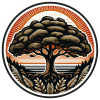

- 23 Resources
- 62 Discussions
- 25 Groups
- @alexrood
- | she/her
WILDLABS & World Wide Fund for Nature/ World Wildlife Fund (WWF)
I'm the WILDLABS Communications and Community Management Associate Specialist at WWF-US

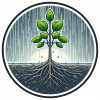



- 114 Resources
- 78 Discussions
- 7 Groups
- @cwcline
- | him/his
Panthera
Conservation technologist and hardware developer with Panthera


- 0 Resources
- 1 Discussions
- 2 Groups
- @raquelgo
- | (she/her/hers)
- 0 Resources
- 0 Discussions
- 17 Groups
- @ThinkNature
- | TN
We, at Think Nature, are a university-launched startup that aims to transform into a nature economy where humans and nature coexist.


- 0 Resources
- 2 Discussions
- 2 Groups
- @evan21
- | She/Her
University of St Andrews
Final Year Biology & Geography Undergraduate at the University of St Andrews
- 0 Resources
- 1 Discussions
- 7 Groups
Software Engineer


- 0 Resources
- 5 Discussions
- 10 Groups
American Museum of Natural History
- 1 Resources
- 8 Discussions
- 10 Groups
- @Tracks_Ecology
- | he/him
Ecological Consultant focussing on the use of UAV and GIS to advance applied ecological reasearch
- 0 Resources
- 1 Discussions
- 5 Groups
Fauna & Flora
Countering poaching and IWT

- 0 Resources
- 6 Discussions
- 2 Groups
- @bradnahill
- | he / him
SEE Turtles
Brad has worked in sea turtle conservation & ecotourism for 20+ years. He is the lead writer of Sea Turtle Research and Conservation and co-author of the Worldwide Travel Guide to Sea Turtles. He has won the President's Award from the International Sea Turtle Society.
- 1 Resources
- 4 Discussions
- 6 Groups
- @ZoeDagan
- | She/her
I'm Zoe, an ecologist at the intersection of SaaS, conservation, and community science. I build programs and advance projects that accelerate solutions to our most urgent climate and conservation challenges.

- 0 Resources
- 4 Discussions
- 10 Groups
- @crazybirdguy
- | Him
Field Biologist at Yayasan Cikananga Konservasi Terpadu, Indonesia, with experience and interest mainly in ornithology, citizen science and bioaccoustic
- 0 Resources
- 9 Discussions
- 12 Groups
FruitPunch AI
CTO and Founder of FruitPunch AI

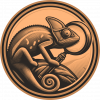


- 0 Resources
- 4 Discussions
- 11 Groups
It has been an exciting challenge as a member of Kenya Forest Club whose main aim is solving climate change challenges through early childhood education and training, with a particular interest in forestry. The...
20 January 2024
Community Announcement
WILDLABS.net will be down for maintenance tomorrow morning!
11 December 2023
With the support of Women in Conservation Technology (Kenya) and Arm, I had a chance to work with Kijabe Environment Volunteers in Kikuyu Escarpment Forest. This was an opportunity to channel my passion for the...
1 December 2023
Funding
With $60,000, $30,000, and $10,000 grants available for 14 outstanding projects, the support of engineering and technology talent from Arm (the leading semiconductor design company), and access to the world’s biggest...
1 December 2023
More information for those interested in our newly launched WILDLABS Awards, supporting 14 outstanding conservation technology projects with $60,000, $30,000, and $10,000 grants. Read carefully ahead of submitting your...
1 December 2023
Careers
NSERC-CREATE graduate programs (LEADS & LINK-D) on the theme of scientific leadership for global sustainability in the digital age.
27 November 2023
Atos & the WWF announced a 3-year strategic partnership to leverage technology to support biodiversity conservation & encourage businesses to decarbonize. 1 of the 4 main initiatives of the partnership is: Atos...
27 November 2023
Gain communication skills while translating global freshwater conservation issues into a local context.
27 November 2023
TagRanger® is a state-of-the-art wildlife finding, monitoring and tracking solution for research, conservation and environmental professionals. With superior configurability for logging data, reporting location and...
23 November 2023
WILDLABS just released our three-year trends report sharing insights into how perceptions and engagement with technology for biodiversity and conservation are evolving. Take the 2023 survey and share it widely to help...
15 November 2023
OUT NOW: Our three-year trends report delivers the first global assessment tracking evolving perceptions and engagement in the tech for biodiversity and conservation space. Here are five things we found.
15 November 2023
Link
You have probably been there before. The person in front of you is not convinced that nature is that important. 🎉 Enter the stage: Fact Sheet. ✅ Sources so people can learn more ✅ Easy to save on your phone...
9 November 2023
June 2025
event
October 2025
event
event
April 2023
event
March 2023
event
event
| Description | Activity | Replies | Groups | Updated |
|---|---|---|---|---|
| Got a drone myself |
|
Community Base | 4 years 10 months ago | |
| Oh cool. Looking forward to the happy hour! I'm curious just to chat and virtually eavesdrop. |
|
Community Base | 4 years 10 months ago | |
| Hi all, The WILDLABS team is starting to generate ideas for our 2020 community survey, and we want your input! The... |
|
Community Base | 5 years 1 month ago | |
| Dear all Wildlabs members, If you are a biologist, scientist, researcher or conservationist, please help us fill out the survey or... |
|
Community Base | 5 years 1 month ago | |
| I'm doing research on the details Amazonian food production as it pertains to deforestation. I'm looking understand the day-to... |
|
Community Base | 5 years 1 month ago | |
| I wasn't familiar but thank you for sharing this! |
|
Community Base | 5 years 1 month ago | |
| Dear all Wildlabs members, If you are a biologist, scientist, researcher or conservationist, please help us fill out the survey or... |
|
Community Base | 5 years 1 month ago | |
| Hi WILDLABS community! As so many of you here are working on exciting #Tech4Wildlife - I want to raise this funding opportunity for you... |
|
Community Base | 5 years 1 month ago | |
| Hello everyone. I hope you're well and your friends and families are safe during the Covid-19 crisis. I know that many of us are out of sync during the shut downs around the... |
+30
|
Community Base | 5 years 1 month ago | |
| I am considering adding a bipod to my rifle this season. I have never used one and I need recommendations as to what the best options are.... |
|
Community Base | 5 years 2 months ago | |
| The WHO alongside Facebook, Microsoft, WeChat, Twitter, and several tech companies announced a hackathon to build software to address many... |
|
Community Base | 5 years 2 months ago | |
| Hello! I'm new here, so I've missed these past events. I would love to hear about any upcoming hackathons :) |
|
Community Base | 5 years 3 months ago |
Rare friendship between a tiger and a goat!
4 December 2015 5:29pm
wildtech.mongabay.com is a great resource
2 December 2015 10:40pm
Frequently Asked Questions
30 October 2015 5:43pm

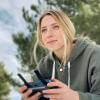




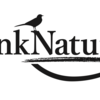





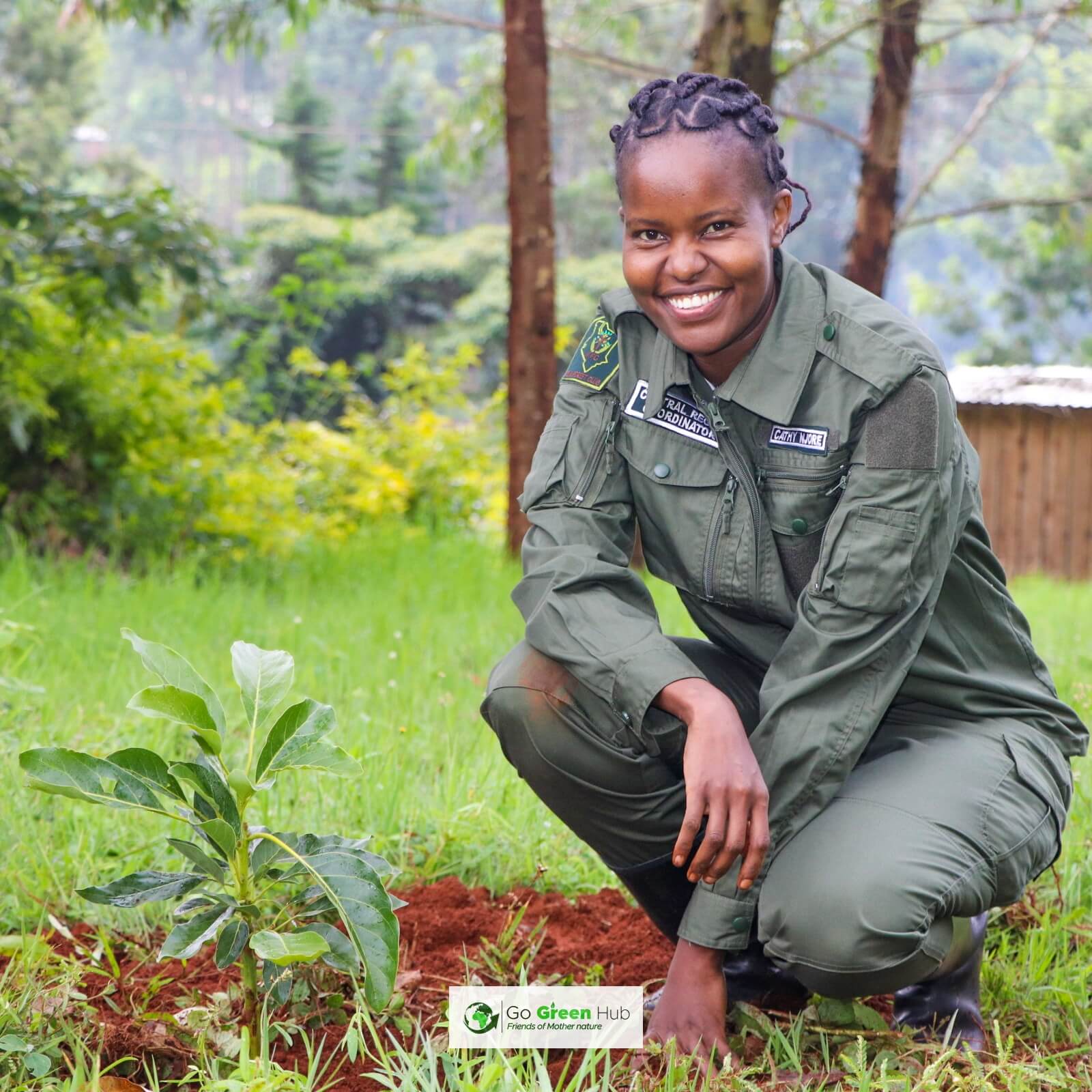




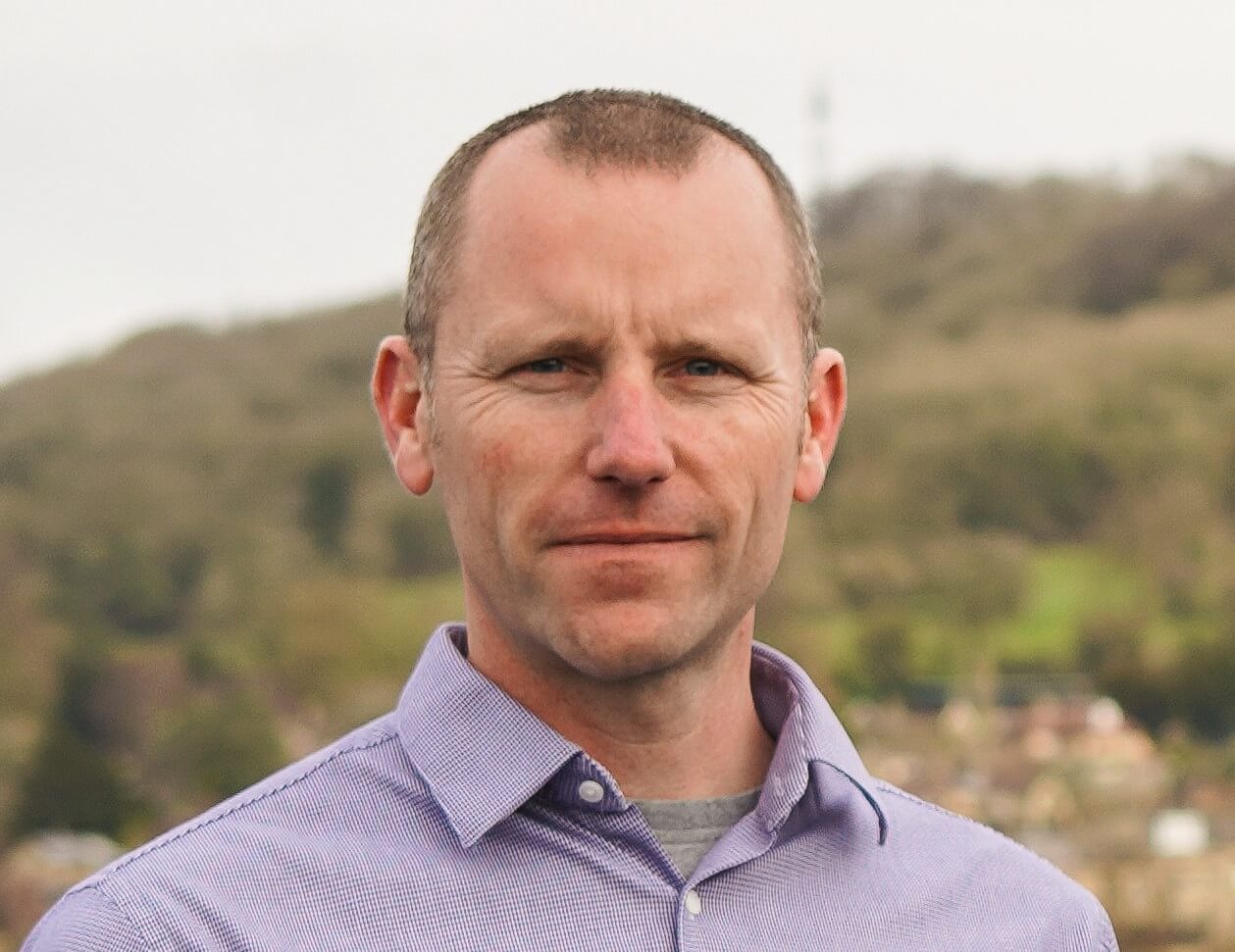
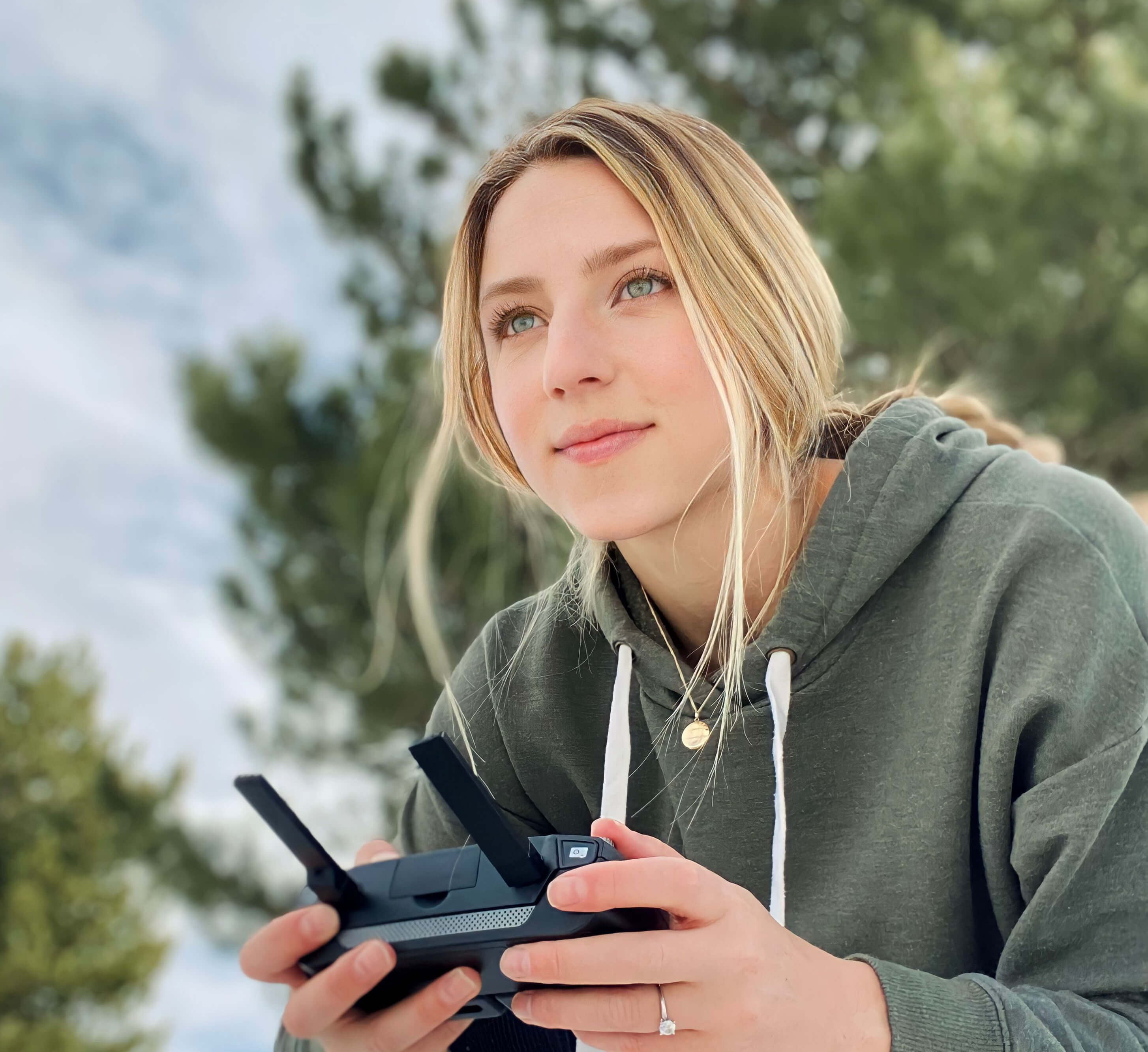




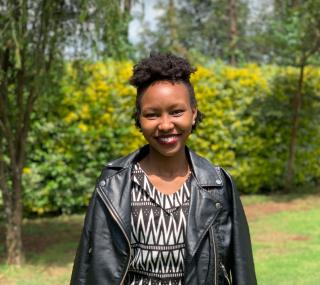
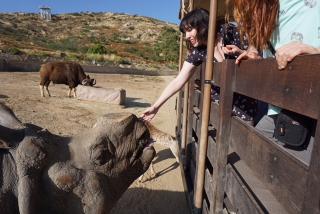




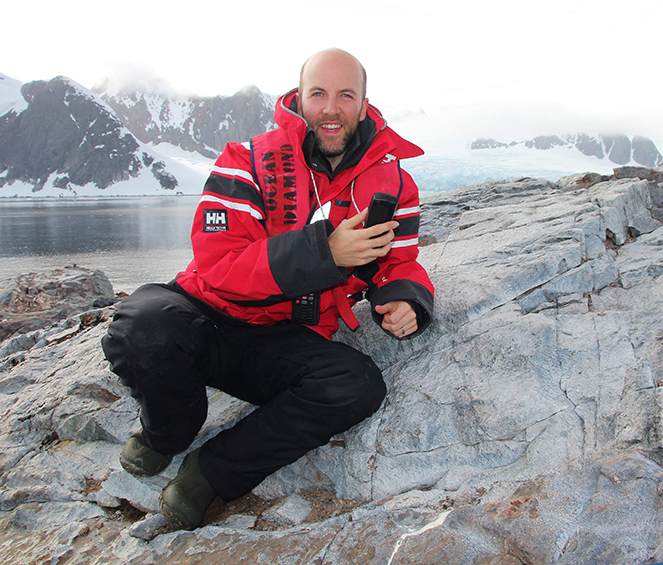



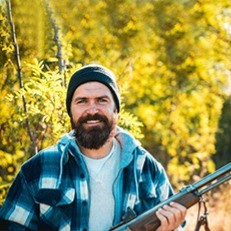





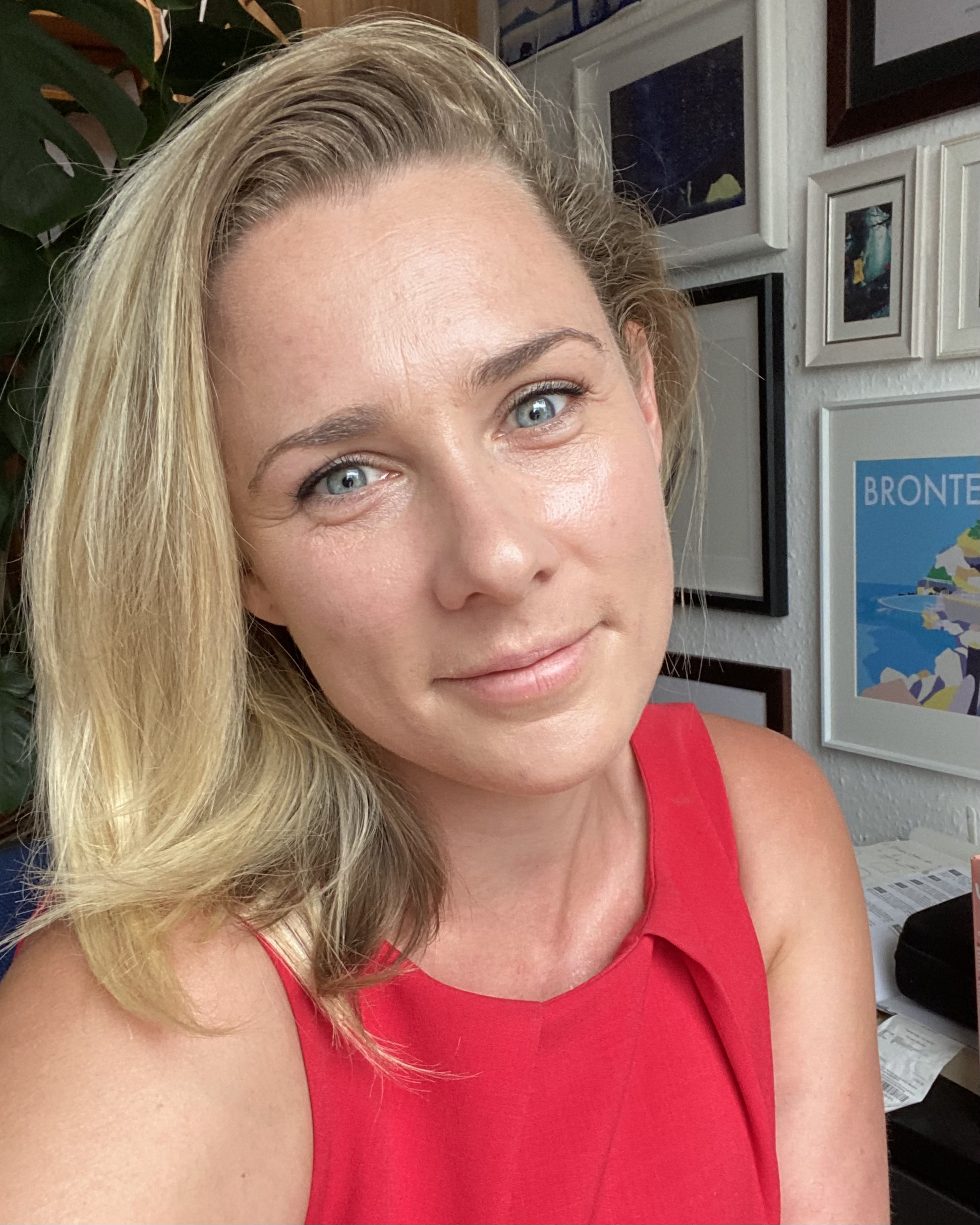
3 December 2015 2:19pm
Thanks for the link - yes, I agree Mongabay's WildTech areas is a great resource for anyone interested in keeping up to date with the latest conservation tech news. Sue Palminteri's article is facinating and is definitely worth a read. The video showing the daily movement of elephants is particularly interesting (see the screenshot below) - it was a case study Katherine Chou of Google.org spoke about in her Fuller Symposium address as well. That they're getting close to real time monitoring is very exciting - it would have been amazing to have that capacity in other projects I've been involved with.
The key take-aways you highlight match a lot of what came up in the Fuller Symposium and other discussions about HWC. The consensus from Wired in the Wild - Can technology save the planet? was that no, it cannot. It is simply a very useful tool that, when used appropriately, could have significant impacts in the challenges conservation is attempting to tackle. Numerous speakers drove home the point that technology is not and should not be the starting point; we need to be technology agnostic. We must start by understanding the challenge and then looking at what (if any) technology might help to address it given the circumstances.
The Elephants and Bees approach is a great example of why we need to start with challenge rather than the technology. Sometimes the best solution is the low tech approach. Nilanga Jayasinghe highlighed this in her thought piece about HWC - giving a similar example of work WWF is doing in Nepal:
'During a recent visit to Nepal, I visited rural villages where wild elephants often raid rice fields during harvest season. The communities had installed electric fences but this tool didn't always succeed on its own. Elephants are smart and persistent: they had learned to break the fence’s electric current, and then the fence itself, by using trees to push over the supporting stakes. To solve this problem, we worked with farmers to dig fish ponds in front of the fences as an additional obstacle. Adding an additional barrier not only made it harder for the elephants to get into the fields, it also gave the communities more time to respond and drive elephants away. This simple solution has not only reduced elephant raids, but has also improved local livelihoods from the sale of the fish grown in the ponds.'